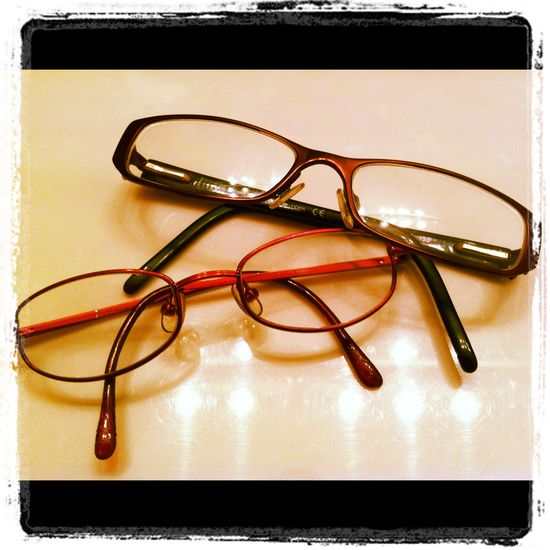The Eyes Rule during Save Your Vision Week
Vision is one of the vital five senses that help humans to navigate the world around them. Sometimes, people are born with poor vision, or even blind. Others lose their vision through accidents, medical conditions and even age. Since vision is such an important part of daily living activities, it should be treated with proper care and attention, but the problem with that, is like with many other things: many of us don’t appreciate what we have until it’s gone.
The week of March 5th through 11th is typically designated as Save Your Vision Week, a time to appreciate your eyes and what they do for you. It’s a time to see eye doctors, to make sure that your children receive regular eye care, and a time to appreciate the skills and talents of the millions of Americans who are blind or have limited vision. Initiated on December 30, 1963, a joint resolution of Congress began a campaign that would require each future president to designate the week of March 5th as Save Your Vision Week. Vision loss is mainly linked with growing old, and at sixty or so, eyes start to wear out, no doubt about it. However, there are some things that children and adults can do to help protect their eyes against damage and injury, and Save Your Vision Week focuses on those with nationwide education programs, events and community talks.
Every year sees more Americans suffering vision loss of some sort or another. People can blame that on many reasons: too much television, sunbathing, reading in dim light, or poor diet. Learning how to best protect eyesight comes through education and knowledge. Schools cover the subject in health or biology classes, and elementary schools often have events and programs which serve to educate youngsters on the proper care of their eyes. In many schools, Save Your Vision Week is an opportunity for local guide dog services to visit schools and talk about eyesight and eye care. People who are blind and those with limited vision also often visit schools with seeing eye dogs, white canes or any other tools that help them function in a fast-paced world.
Heredity and genetic factors often has much to say about our eyesight, but even so, many conditions can be corrected with glasses or medical procedures. According to the American Optometric Association, nearly 90% of children entering school have not had an eye exam. Many parents don’t seem to realize that young children are often at a great risk for eye disease such as ROP (retinopathy of prematurity), congenital glaucoma and
amblyopia, and one in every four teenagers develops myopia. From birth, children need regular eye care, but again, most parents don’t even think about it unless something is obviously wrong. Save Your Vision Week often sees Vision vans, or mobile eye clinics, roaming neighborhoods and schools in an effort to provide education and eye care to school age children around the country.
Every year, the American Optometric Association holds events that serve to educate and inform the American public about the importance of regular eye care. Teaching American’s preventative measures that will help save eyesight are often the main focus of such events in schools and communities around the United States. Do you know what damages your eyes over a long period of time? If you don’t, Save Your Vision Week is the perfect opportunity for you to learn. Teaching children how to protect their eyes is a vital service that is the responsibility of all teachers, parents and adults who come into contact with them. That means making sure that not only kids, but everyone else in your household knows how to properly illuminate a room when reading, watching television and playing video games. Buying sunglasses for everyone in your family is a good idea, as ultraviolet rays account for much of the long-term damage optometrists are seeing these days. There are no ambiguities regarding Save Your Vision Week. The name says it all.


